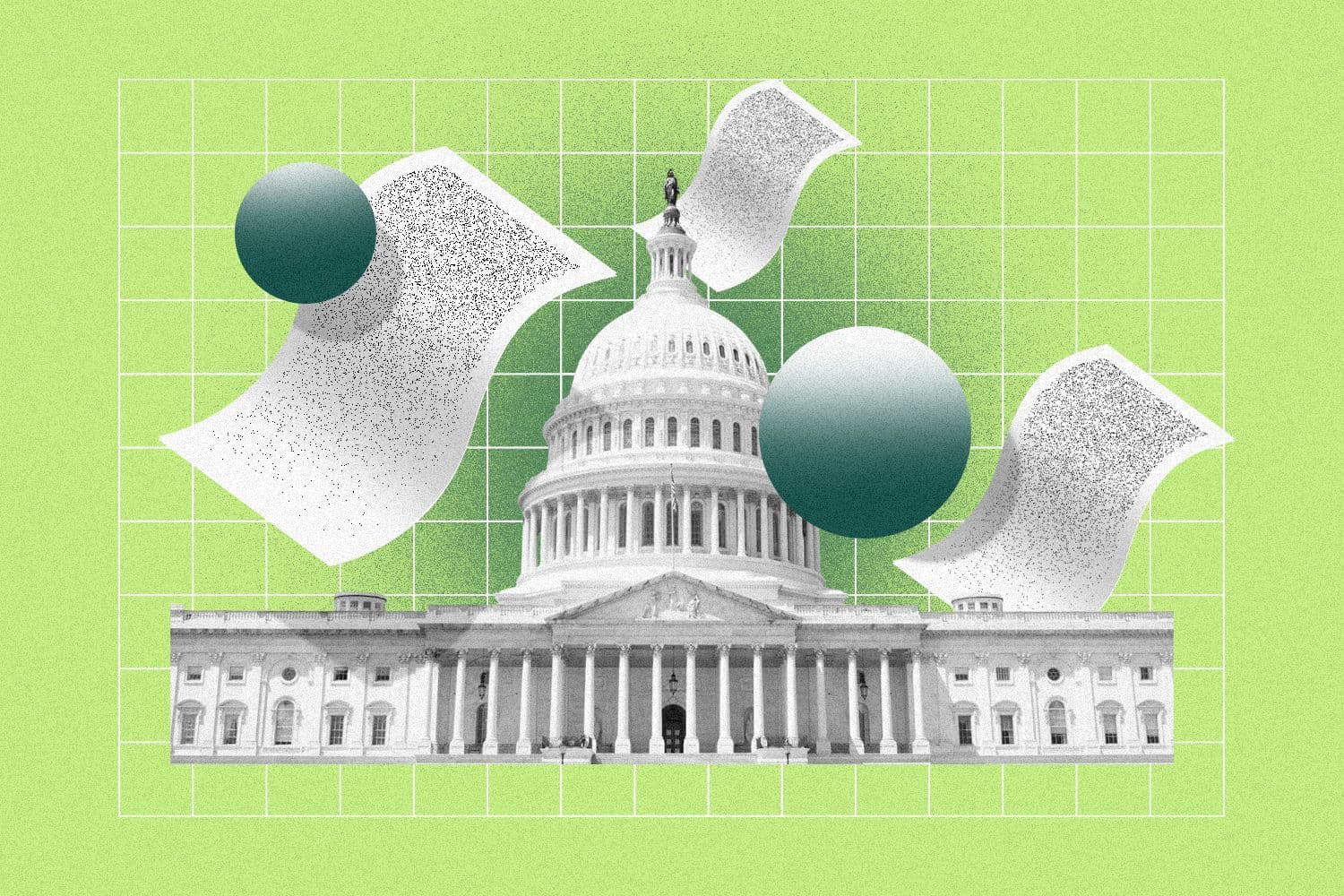Legislative lowdown: NLRB rules on workplace policies, cannabis screening ban
The NLRB issued a new standard that’s expected to place heightened scrutiny on policies regulating worker speech, civility.

Francis Scialabba
• 3 min read
Courtney Vinopal is a senior reporter for HR Brew covering total rewards and compliance.
The National Labor Relations Board (NLRB) recently adopted a new standard that will likely prompt HR departments to review their workplace handbooks. Here’s what people pros should know about that new policy, plus state laws on marijuana employment screenings.
NLRB adopts a new legal standard on work rules. On Aug. 2, the labor board overruled a Trump-era decision that made it easier for employers to maintain policies restricting workers’ ability to, for example, record meetings or use social media. In a statement, NLRB Chairperson Lauren McFerran said the previous standard, which drew from a decision allowing Boeing to uphold a no-camera policy on its sites, “gave too little consideration to the chilling effect that work rules can have on workers’ Section 7 rights,” referring to the provision of the National Labor Relations Act that allows workers to organize and bargain collectively.
Under the new standard, “if an employee could reasonably interpret the rule to have a coercive meaning,” then NLRB General Counsel Jennifer Abruzzo will have met the burden to prove it has a “reasonable tendency” to chill workers from exercising their federal labor rights, per the NLRB’s decision. The decision has the potential to “invalidate countless workplace rules” of private-sector employers, David Pryzbylski, an attorney with Barnes & Thornburg, predicted in an SHRM interview.
HR pros are being advised to review their handbooks to ensure the rules they have in place are compliant with the new standard. These might include policies restricting employees from criticizing their company, speaking to the media, or limiting use of internal communication such as email or Slack.
Quick-to-read HR news & insights
From recruiting and retention to company culture and the latest in HR tech, HR Brew delivers up-to-date industry news and tips to help HR pros stay nimble in today’s fast-changing business environment.
Though the new standard is expected to place heightened scrutiny on employers’ work rules, the decision still allows for employers to maintain such rules if they’re proven to advance “legitimate and substantial business interests.”
Michigan ends marijuana screening for new state employees. The Michigan Civil Service Commission, which oversees HR functions for the state, voted to end mandated marijuana testing for most newly hired state employees on July 12.
Recreational marijuana has been legal in Michigan since 2018. The commission’s chair, Jase Bolger, said while workers will no longer be screened as a condition of employment, using alcohol or mairjuana on the job is still prohibited. Treating both of these substances the same “seems consistent with the current public policy in the state," he said during a meeting on the matter.
Some 23 states, Washington, DC, and Guam have moved to legalize recreational marijuana as of May 31. About a half-dozen states, including New York, Nevada, and California, ban employers from discriminating against workers who use recreational marijuana.
Federal agencies, including the military, CIA, and FBI, have also recently loosened drug testing requirements for employees.
Quick-to-read HR news & insights
From recruiting and retention to company culture and the latest in HR tech, HR Brew delivers up-to-date industry news and tips to help HR pros stay nimble in today’s fast-changing business environment.